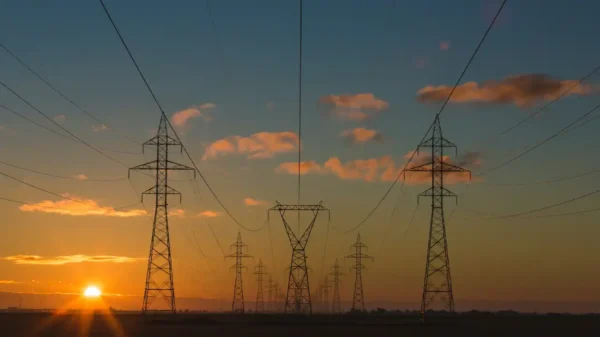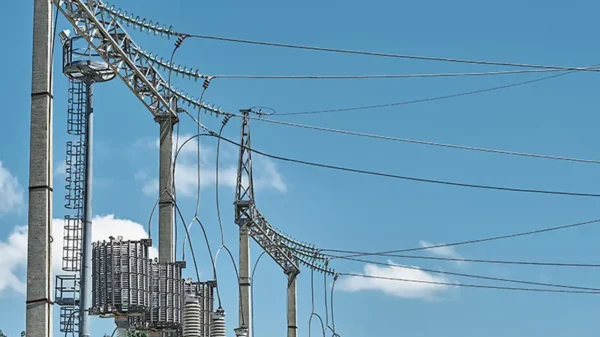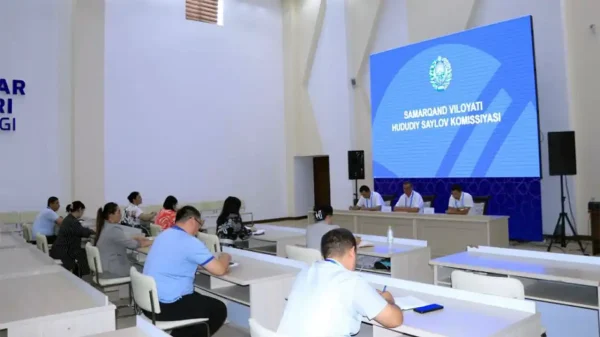Japanese trading houses Toyota Tsusho and Sojitz are set to develop and operate wind farms in Uzbekistan, tapping into the country’s growing demand for renewable energy. Currently, Uzbekistan relies heavily on natural gas for power generation.
Toyota Tsusho’s Wind Energy Expansion
Eurus Energy Holdings, wholly owned by Toyota Tsusho, is spearheading the development of a wind farm with a generating capacity of 500 megawatts. Surveying of the construction site is already underway. This project is set to be the first wind farm managed by a Japanese company in Uzbekistan. Toyota Tsusho currently operates 95 wind farms with a combined capacity of 3.31 gigawatts globally.
Sojitz’s Renewable and Natural Gas Initiatives
Sojitz is also entering the renewable energy sector in Uzbekistan by building a 1 GW wind farm in the Navoiy region, which will generate power equivalent to a nuclear reactor. While the operational start date remains undecided, Sojitz also plans to construct a natural gas-fired plant in Uzbekistan, slated to begin operations in 2026.
Both Eurus Energy Holdings and Sojitz have signed memorandums of understanding with Uzbekistan’s Energy Ministry. They plan to advance their projects in discussions with local officials during Prime Minister Fumio Kishida’s visit to Central Asia on August 9.
While Uzbekistan’s electricity production is predominantly based on natural gas, with 88% of power coming from fossil-fuel plants as of 2022, the government is eager to expand its renewable energy portfolio. Efforts to develop wind and solar power generation are being accelerated to reduce the country’s reliance on fossil fuels.
In the broader Central Asian region, countries like Uzbekistan and Kazakhstan are similarly dependent on fossil fuels for electricity. Meanwhile, China and Russia are also making significant strides in renewable and nuclear power projects in the area, highlighting the strategic importance of energy diversification in Central Asia.

























































